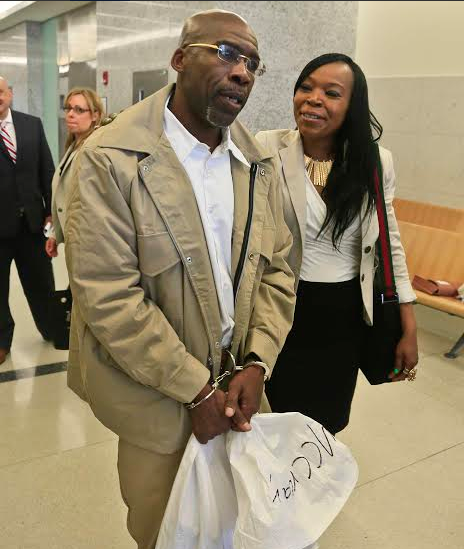Brooklyn’s exonerated individuals still fighting for financial freedom

Just as they thought the fight for their freedom was over, exonerated persons are still fighting for financial independence. Defendants who were wrongfully convicted of crimes dating back to the 1980s are still awaiting settlements from New York City for financial compensation redressing the years of wrongful imprisonment.
Upon exit from prison, many exonerated individuals are released into a new world with little or no financial support for basic amenities. “There is the psychological effect of lack of social stimuli [while in prison] and then you are put into an environment that is based on social stimuli,” said released prisoner Derrick Hamilton in a recent interview with the Brooklyn Daily Eagle. “It’s overwhelming to have to fend for yourself,” Hamilton continued.
Hamilton, who was convicted of second-degree murder for the shooting death of Nathaniel Cash, who was found dead in Brooklyn in January 1991, was release by the parole board after 21 years behind bars.